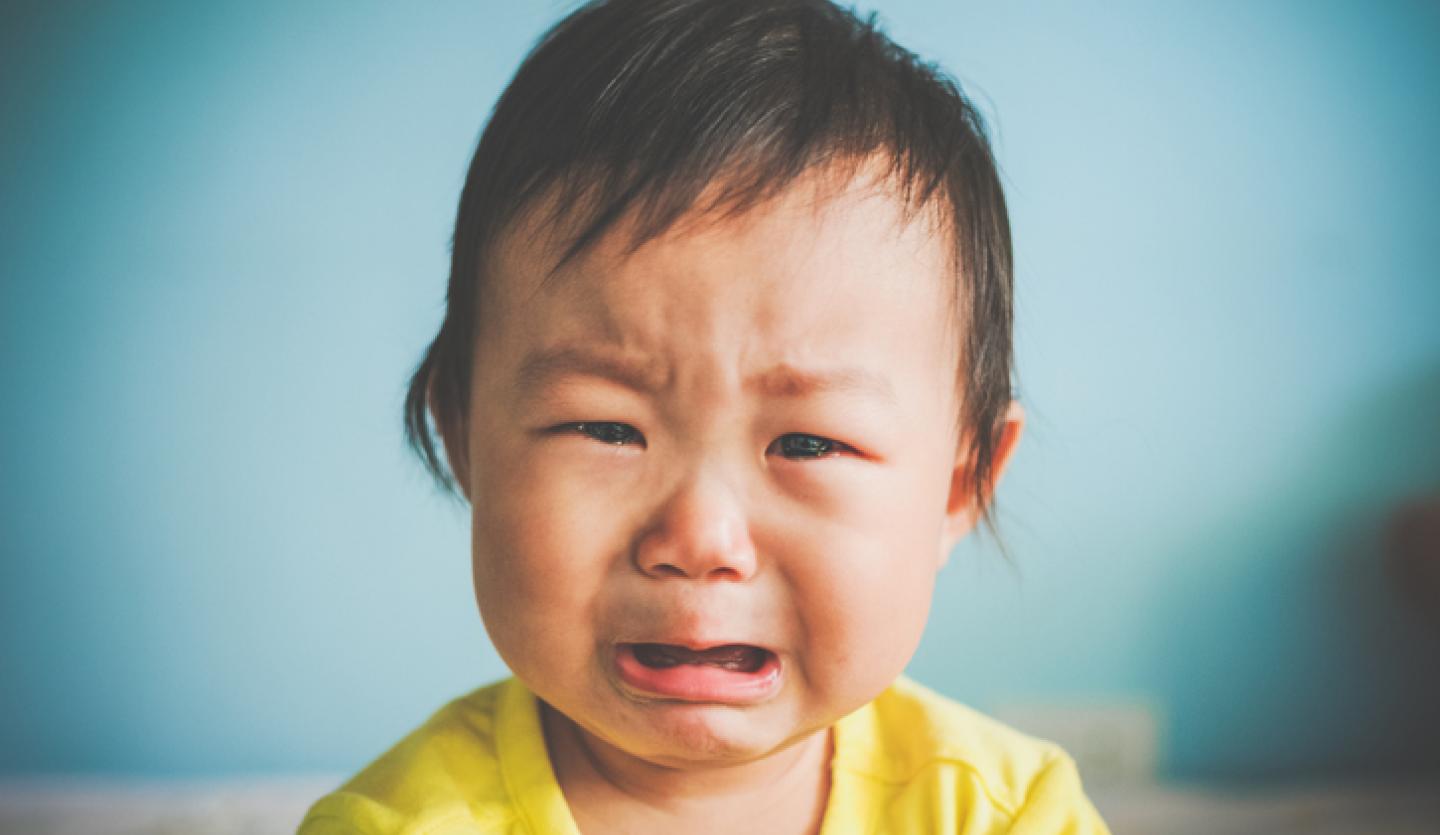The common cold is a viral infection of your baby's nose and throat. Babies are especially susceptible to the common cold, in part because they have yet to develop immunity to many common infections. Also, they're often around older children who don't always wash their hands. Within the first year of life, most babies have up to seven colds.
The first indication of the common cold in a baby is often a congested or runny nose. Other signs of a common cold may include:
A low-grade fever of about 100.4 F (38 C) rectally
- Sneezing
- Coughing
- Decreased appetite
- Irritability
- Difficulty sleeping
- Trouble nursing or taking a bottle due to nasal congestion
When to see a doctor
Your baby's immune system will need time to mature. If your baby is younger than 2 to 3 months of age, call the doctor early in the illness. For newborns, a common cold can quickly develop into croup, pneumonia or another serious illness. Even without such complications, a stuffy nose can make it difficult for your baby to nurse or drink from a bottle. This can lead to dehydration. Most colds are simply a nuisance. But it's important to take your baby's signs and symptoms seriously.
If your baby is 3 months old or older, call the doctor if he or she:
- Isn't wetting as many diapers as usual
- Has a temperature higher than 100.4 F (38 C)
- Seems to have ear pain or is unusually irritable
- Has red eyes or develops yellow or greenish eye discharge
- Has trouble breathing
- Has a persistent cough
- Has thick, green nasal discharge for several days
- Has any other signs or symptoms that worry you
Treatment
Unfortunately, there's no cure for the common cold. Antibiotics don't work against cold viruses. The best you can do is take steps at home to try to make your baby more comfortable.
Fevers generally do not need to be treated with medication unless your child is uncomfortable or has a history of febrile convulsions. The fever may be important in helping your child fight the infection.
If medication is recommended by your pediatrician, fever-reducing pain relievers may help relieve discomfort associated with a fever depending on your child’s age. Acetaminophen (Tylenol) is safe for infants under 3 months of age, but should only be given when instructed by your physician. Ibuprofen (Children's Motrin, Advil, others) is safe for babies 6 months or older.
Over-the-counter (OTC) cough and cold medications, and aspirin are not safe for infants and children under age 2 due to potential side effects and complications. All medications must be measured carefully.
What else can you do?
Most of the time, you can treat your baby’s baby's cold at home. Consider these suggestions:
- Offer plenty of fluids. Liquids are important to avoid dehydration. Encourage extra fluids if your baby has a fever. If you're breastfeeding your baby, keep it up. Breast milk offers extra protection from cold-causing germs.
- Thin the mucus. Your baby's doctor may recommend saline nose drops to loosen thick nasal mucus. Look for these over-the-counter drops in your local pharmacy.
- Suction your baby's nose. Keep your baby's nasal passages clear with a rubber-bulb syringe.
- Moisten the air. Running a humidifier in your baby's room can help improve runny nose and nasal congestion symptoms. Aim the mist away from your baby's crib to keep the bedding from becoming damp. To prevent mold growth, change the water daily and follow the manufacturer's instructions for cleaning the unit. It might also help to sit with your baby in a steamy bathroom for a few minutes before bedtime.
Prevention
The common cold typically spreads through infected respiratory droplets coughed or sneezed into the air. The best defense Common sense and plenty of soap and water.
- Keep your baby away from anyone who's sick. If possible, avoid public transportation and public gatherings with your newborn.
- Wash your hands before feeding or caring for your baby. When soap and water aren't available, use hand wipes or gels that contain germ-killing alcohol.
- Clean your baby's toys and pacifiers often. Germs can stay alive for hours.
- Teach everyone in the household to cough or sneeze into a tissue and then toss it. If you can't reach a tissue in time, cough or sneeze into the crook of your arm.
- Simple preventive measures can go a long way toward keeping your baby and family healthy.
Additional articles of interest:
- Common Cold in Babies (Mayo Clinic)
- Fever and Your Baby (American Academy of Pediatrics)
- How to Take Your Child’s Temperature (American Academy of Pediatrics)
Call 866-MY-LI-DOC (866-695-4362) to find a Catholic Health physician near you.



